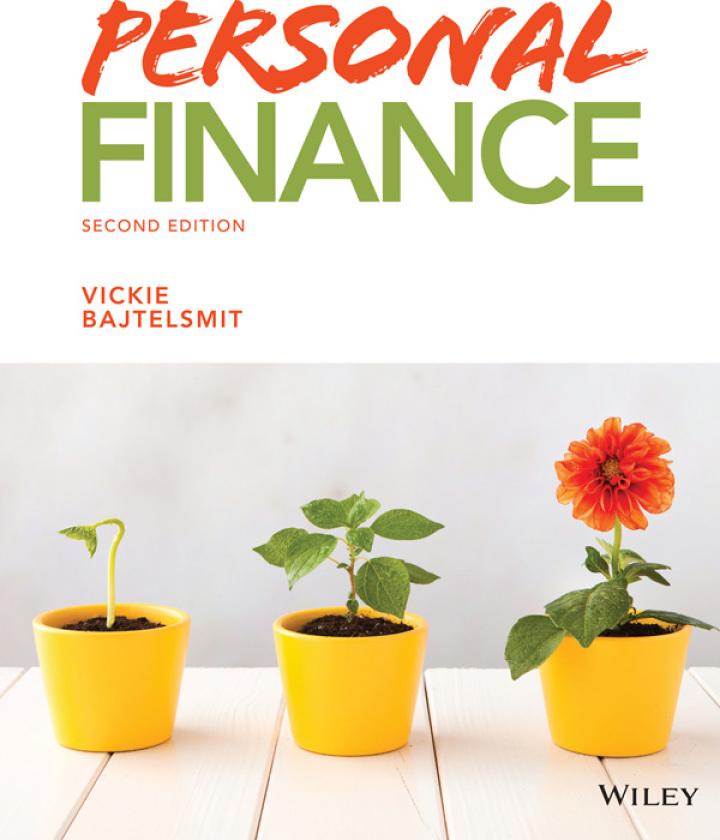Question
Consider two different stocks, X and Y, with expected returns muX = 17.0% and muY = 14.9% and with standard deviations sdX = 12.4% and
Consider two different stocks, X and Y, with expected returns muX = 17.0% and muY = 14.9% and with standard deviations sdX = 12.4% and sdY = 10.0% for those returns. The two assets have a correlation, p, of -0.7.
-
What is the covariance of the returns of stocks X and Y? (Hint: use the definition of the population correlation p to compute the covariance) In general, will constructing a portfolio from these two stocks reduce or increase the risk compared to the individual stocks? Briefly explain.
-
What is the expected return and standard deviation of a portfolio made up of stocks X and Y which is 20% stock X (the remainder stock Y)?
c. What is the expected return and standard deviation of a portfolio made up of stocks X and Y which is 50% stock X?
-
What is the expected return and standard deviation of a portfolio made up of stocks X and Y which is 80% stock X?
-
Which of the portfolios above, either (b), (c), or (d), offers the best combination of risk and return? Briefly explain.
Step by Step Solution
There are 3 Steps involved in it
Step: 1

Get Instant Access to Expert-Tailored Solutions
See step-by-step solutions with expert insights and AI powered tools for academic success
Step: 2

Step: 3

Ace Your Homework with AI
Get the answers you need in no time with our AI-driven, step-by-step assistance
Get Started


